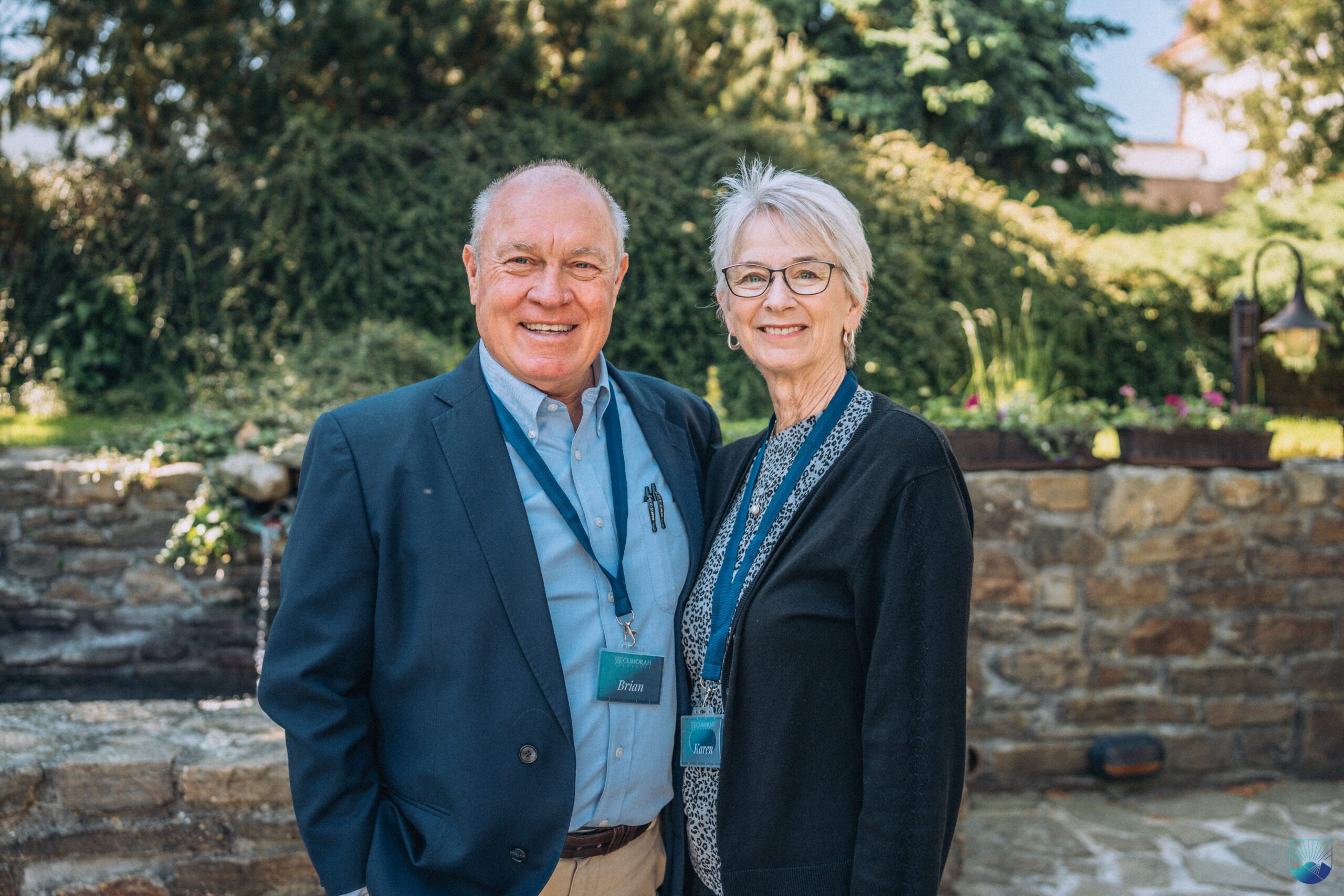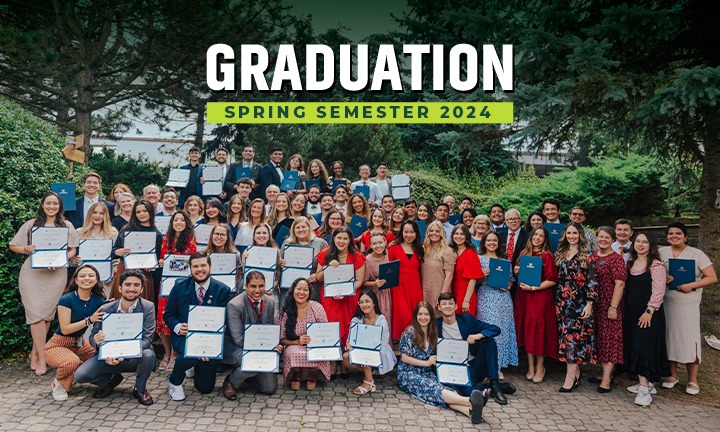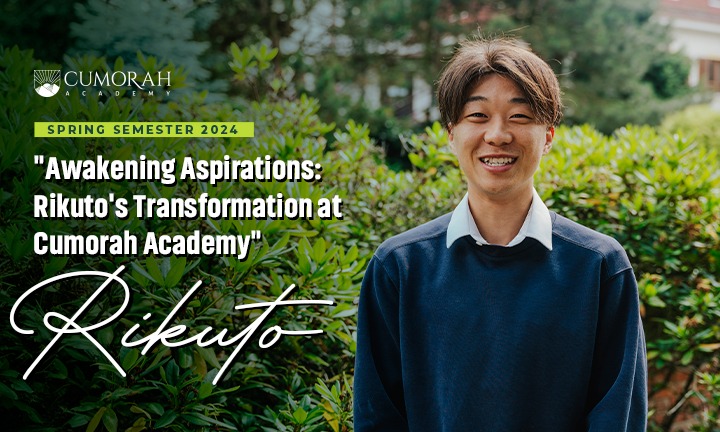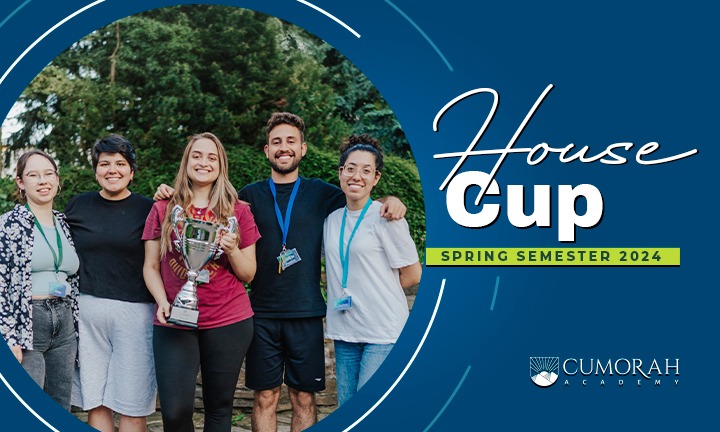Meet the Mentors: Couple Hill
The couple Karen and Brian Hill taught Cumorah Academy students about Teamwork, during the 7th week of the semester. For the past couple of months, they have been living close to the campus while acting as invited professors at a university in Salzburg, Austria, though they live permanently in Lindon, Utah (USA).
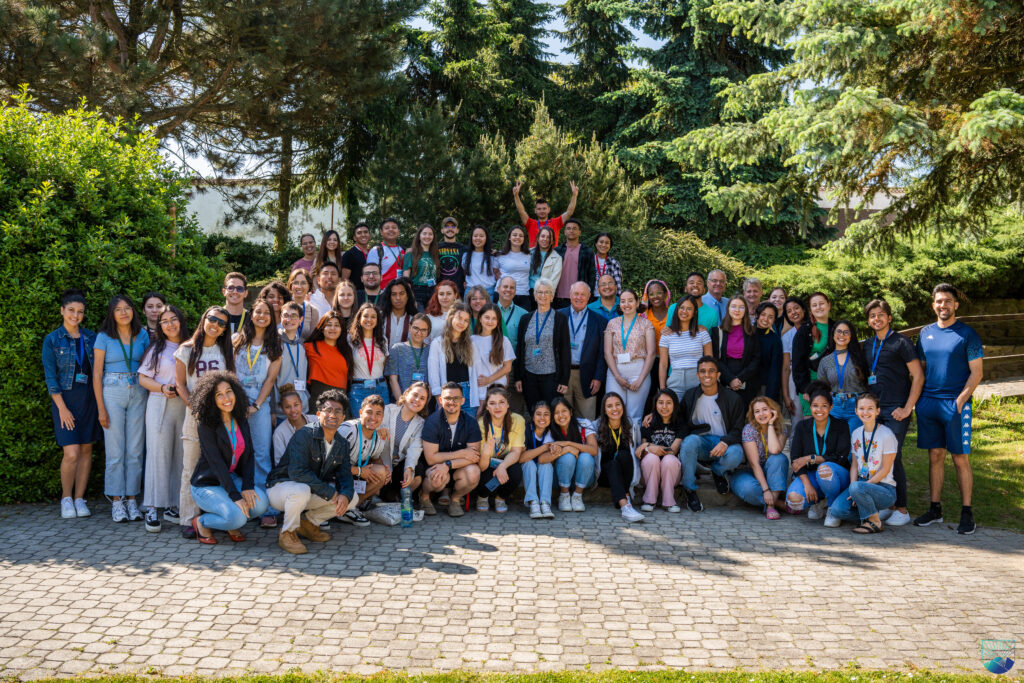
Profession, Education, and Family
Karen is an entrepreneur with multiple non-profit organizations as a board member and volunteer. At the same time, Brain is a professor of Experience Design and Management at the Marriott School of Business at Brigham Young University (BYU).
Karen is an entrepreneur with multiple non-profit organizations as a board member and volunteer. At the same time, Brain is a professor of Experience Design and Management at the Marriott School of Business at Brigham Young University (BYU).
Brian earned a Ph.D. from Clemson University (where he met Karen) in Parks, Recreation, and Tourism Management. Currently, he teaches a class, “Creating a Good Life through Experience Design”, to 700 students per semester. His research focuses on designing shared experiences that build human connections.
They are parents of four children and have two granddaughters. Their lives have been enriched by leading hundreds of students on international trips over the past 18 years.
Enriching Life Through Volunteering
Cumorah Academy: Karen, you brought the theme “unpaid job” to the class. Why do you believe it’s important to look for those opportunities? And how did they enrich you throughout your life?
Karen: I think, particularly for me, I looked at volunteer work or unpaid jobs when I was a mom. And that allowed me to find opportunities in which I could contribute to the community and choose exactly what I wanted to do and how much time I wanted to devote to it. I could also change my schedule quickly due to my kid’s needs. During that time, it gave me a lot of interaction with other adults and responsibilities to grow my skills. As I have matured and am no longer taking care of children, I can identify the things that I am passionate about and choose how to use my skills to support those issues or bring about changes in my community. And it’s a personal choice. When things are freely chosen, they feel different to you. If you go out and get paid for work, then you have a boss and responsibilities that you’re required to meet, which provides a different kind of satisfaction in life.
However, the unpaid work and volunteerism I engage in feel different inside me because that’s what I genuinely want to do with all my heart. I hope that some people can find paid jobs that give them both—the opportunity to get paid and do meaningful work. But it has been a huge blessing in my life. I have learned so much about the people around me, and the community, and it has helped me in achieving some of my educational goals. I believe it has also helped other people and the efforts I have been involved with, and hopefully, it can bring about positive changes in my community because of what I chose to do.
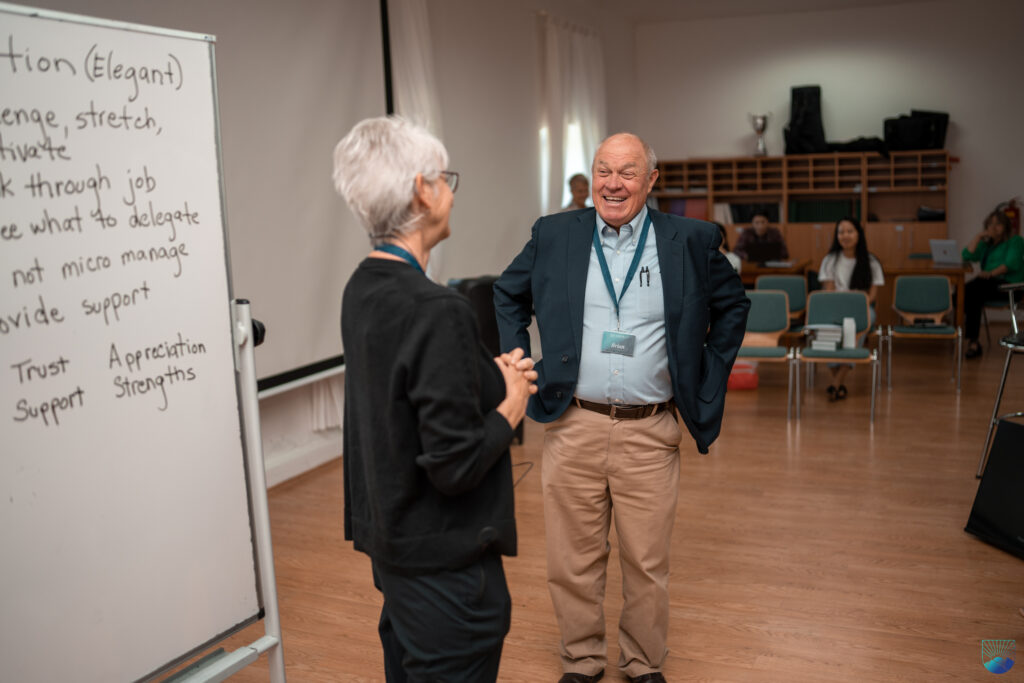
Experiences That Build Us
Cumorah Academy: Brian, you taught the students that there are four categories of experiences. In which of them would you classify the experiences that they have here at Cumorah Academy and why? What is the value of creating experiences in this category?
Brian: When we consider experience design, we focus on the impact that an experience has on someone. Sometimes, that impact may not be notable, but the most significant impact comes from transformative experiences. These experiences involve emotions, insights about oneself, and a change in behavior and identity. It is evident to me that Cumorah Academy provides a transformative experience. People come here with a desire to be different, to grow and develop. It’s not just about acquiring knowledge; it’s about transforming. I observe this in the interviews we’ve conducted and the stories I’ve heard about individuals and their lives after coming here. Being at Cumorah Academy is a transformative experience, and the design of the experience is aimed at achieving that. It appears that all the necessary elements are in place to create transformative experiences here.
A Fulfilling Professional Life
Cumorah Academy: What were the factors that lead you both to teach in universities and why do you enjoy this profession so much?
Karen: The factors that led me there were some of the previous jobs I had in related fields. So, I started working at United Way, an organization that addresses the community’s needs and strives to solve its issues using available resources. While working there, I was exposed to various aspects such as funding programs and writing grant proposals. It was a gradual progression. Then, unexpectedly, an opportunity arose when a person scheduled to teach the grant writing class in Brian’s department backed out two weeks before it was scheduled to start. They offered the job to me, and I held that position for about three years, I believe. Working with the students was the most rewarding aspect. Witnessing their “aha” moments and knowing that the skills they acquired would be applied to enhance the organizations they worked with was truly fulfilling. It made me realize that the small contribution I made would have a multiplied impact.
Brian: I believe that my initial interest in becoming a professor stemmed from the suggested lifestyle associated with it. People often talked about the opportunity to learn, engage in research, and enjoy a flexible schedule. Also, working on a pleasant campus and earning enough to support my family were appealing factors. The lifestyle was the primary attraction for me, and I also valued the respect that came with being a professor. However, once I started pursuing this path, I discovered, just as Karen mentioned, that the most fulfilling aspect of being a professor is the students and the relationships I develop with them. I love it. We try to invite students to our homes and spend time with them beyond the classroom setting. I plan various activities with students outside of regular classes, such as involving them in research teams, taking them on excursions, and embarking on adventures. The interaction with students is, without a doubt, the best part of my job.
Cumorah Academy: Since the theme for the week was Teamwork and Unity, what are some simple techniques that teams can implement to become more united?
Brian: One of the things that I think teams can do is find experiences to enjoy together that cause them to connect and be more like friends than just team members. Those activities should be novel or new and have some challenges, but not too much that it’s overwhelming. There should be an opportunity to share who they are with each other to self-disclose things about yourself and there must be a give and take as that happens as well. And those activities that are most engaging that require attention and being involved are also important to build a sense of unity and connection.
Karen: For groups to foster unity, they should discover something they share, find joy in, and laugh about together. This could be considered a form of self-disclosure or a similar concept. About novelty, there’s also a powerful way of how using rituals. Rituals are another thing that connects people, while doing the same thing, in the same place and time and way repeatedly. There could be little meaningful rituals for the team, maybe a morning devotional, that meaningful interaction that you do every day.
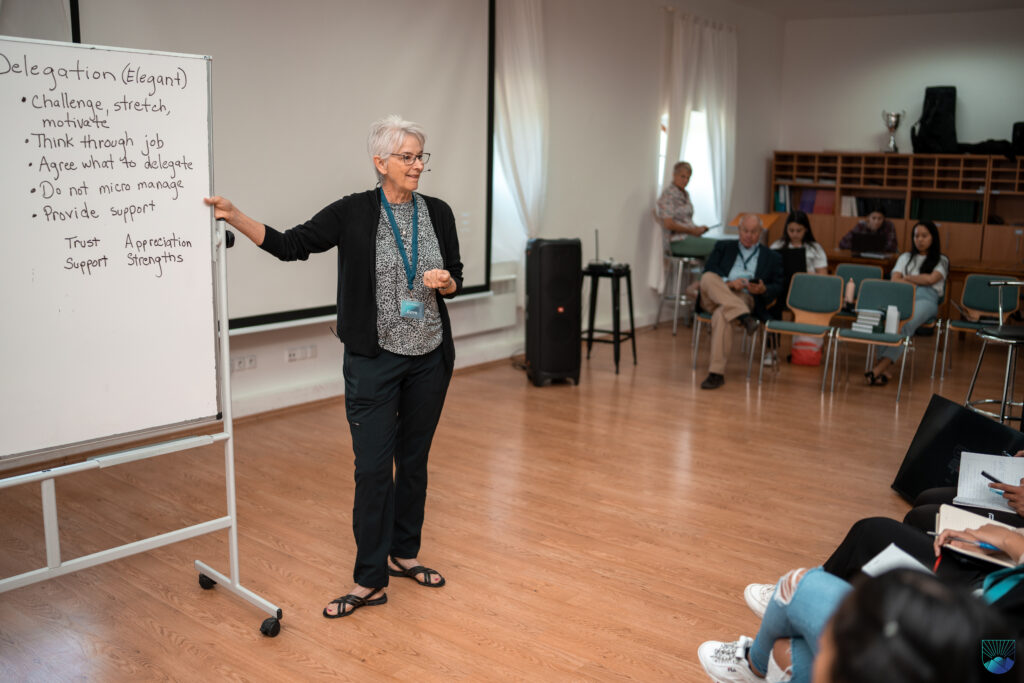
Personal Impressions
“I believe that Cumorah Academy presents a unique opportunity. I have been truly impressed by the contributions and efforts of the students. In any remarkable experience, a concept is known as ‘co-creation.’ This means that while someone may be designing and planning the experience for the students, it is only partially complete without the active participation of the students themselves. They play a vital role as co-creators in shaping and enhancing the experience. It is not solely the responsibility of those overseeing Cumorah Academy who have done an exceptional job. The students themselves contribute immensely to co-creating a truly outstanding experience”, said Brain.
“And I know that many of the students come here thinking that they want to get better, good change, and I love seeing that. The administrators here have found your skills and your strengths. And given the students responsibility, that enhances those strengths”, complemented Karen.
Conclusion
In conclusion, the topic of teamwork and unity has shed light on the importance of fostering strong bonds within a team. The students have learned that shared experiences, self-disclosure, and finding common ground can contribute to a sense of unity and friendship among team members. It is crucial to create opportunities for laughter, enjoyment, and connection, as these factors can enhance collaboration and productivity.
By understanding the significance of teamwork and actively working towards building unity, the students of Cumorah Academy not only strengthen their relationships but also cultivate an environment where everyone feels valued and supported. Through the power of teamwork, they can achieve remarkable accomplishments and create a positive impact both within the academy and beyond.

